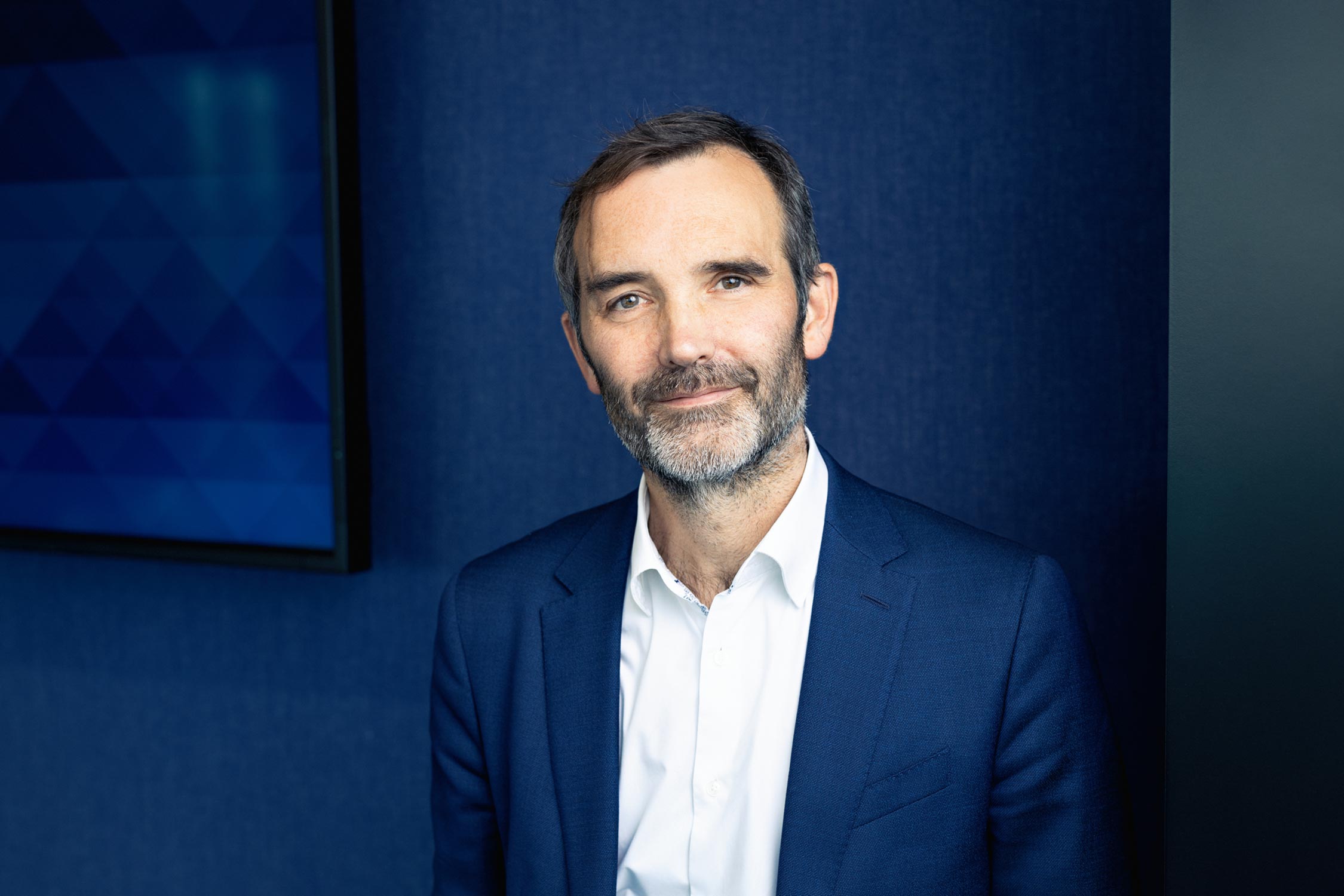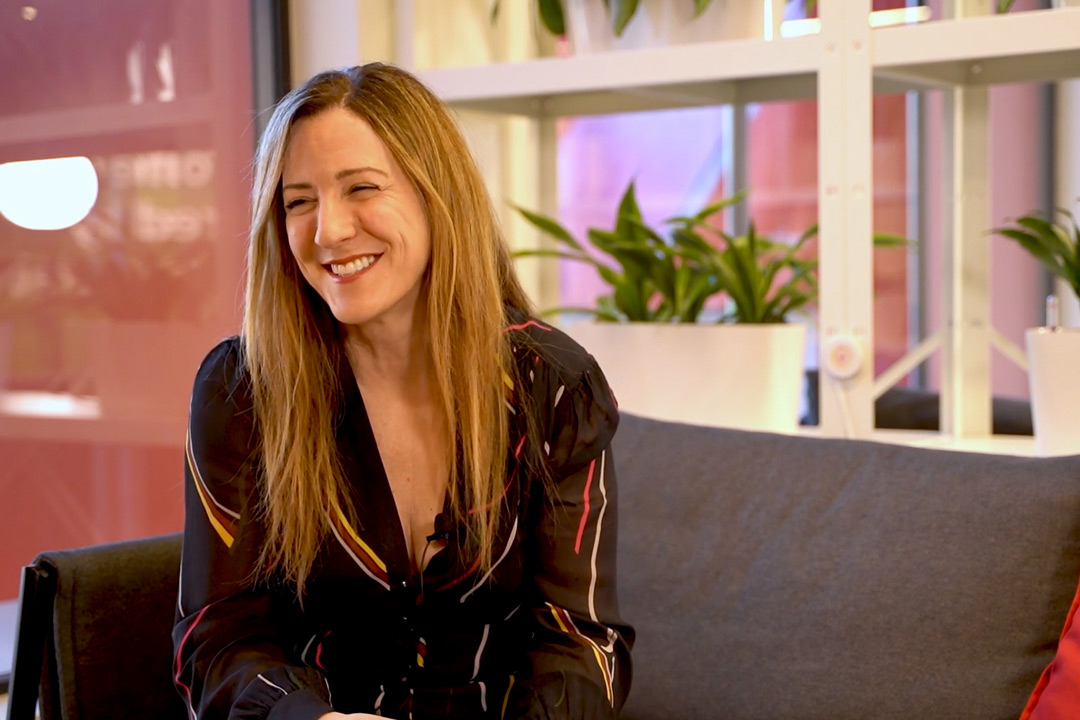We ask the experts on how to talk to teens about online hate speech and how to understand the fine line between freedom of expression and potentially criminal behaviour.
If you haven’t heard of him, the teenagers in your life certainly will be familiar with his name: Andrew Tate. He’s a British American kickboxer turned TikTok megastar who was banned from TikTok, YouTube, Instagram, Facebook, Twitter and Twitch in August 2022. Why?
He suggested that female victims of assault “bear some responsibility”; called women “property”; and claimed that if a girlfriend accused him of cheating “it’s bang out the machete, boom in her face and grip her by the neck. Shut up b***h”.
Tate has argued that he was simply “playing a comedic character”, but his message spread far and wide. In July, his name was Googled more times than Kim Kardashian’s and on TikTok he had accumulated over 11 billion views. So the ban was welcomed by parents, teachers and domestic abuse charities, all concerned that Tate’s extremely misogynistic persona was influencing the language and behaviour of teenage boys across the world.
But did the bans protect children from Tate’s extreme views?
Headteachers actually noted that the reverse was happening. The ban made Tate a cult figure among some boys, they warned, while fan accounts continued to spread and celebrate his views.
So if it is impossible to shield children entirely from hate speech online, how can we protect them?
Teaching your kids to question what they see online, on TV and in the papers
On Safer Internet Day, we give parents tips on how to protect kids against dodgy TikTok videos, Facebook conspiracy theories, fake news and unreliable social media influencers.
What exactly is hate speech?
Let’s start at the beginning and agree terms.
According to the United Nations: “There is no universal definition of hate speech under international human rights law. The concept is still widely disputed, especially in relation to freedom of opinion and expression, non-discrimination and equality.”
That said, the UN Strategy and Plan of Action on Hate Speech defines it as: “any kind of communication in speech, writing or behaviour, that attacks or uses pejorative or discriminatory language with reference to a person or a group on the basis of who they are, in other words, based on their religion, ethnicity, nationality, race, colour, descent, gender or other identity factor.”
Hate speech can be a criminal offence, but isn’t always – the law is complicated. And sadly, it thrives online.
Tackling the rise in hate speech during COVID
During Anti-Bullying Week, Emma Robertson, co-founder of Digital Awareness UK, the digital wellbeing agency, reports on the disturbing rise in hate speech during the pandemic and advises parents and kids on what they can do to protect themselves against it.
“People who use such language are not interested in being debated with and are purposely spreading their hate through the social media algorithm,” explains Rose Simkins, Chief Executive of Stop Hate UK, a national organisation working to challenge all forms of hate crime and discrimination.
And it is particularly toxic when it comes to children, according to Nicky Cox, editor of the weekly children’s newspaper First News.
“A third of young people have encountered hate speech online, according to Ofcom,” she says. “It can be so dangerous because online hate can really affect young people’s well-being. It also can normalise the language associated with racism, homophobia and other hateful attitudes which can spill into the real world.”
She adds that “young people are regularly threatened online, perhaps because of their religion, sexual orientation or race. This can cause depression and anxiety and, in extreme cases, young people have taken their own lives because of it.”
How to help your kids spot fake news online
From coronavirus to 5G, here are the fake news dangers affecting kids now - and how to protect them.
Reporting and rejecting
So what should young people do if they encounter hate speech online?
“There are a number of avenues for children and teens,” says Ms Simkins. “In addition to reporting on the platform itself using the report function and reporting directly to the police, they can use independent third-party reporting services, such as our own at Stop Hate UK.
“Stop Hate UK provides 24/7 support to those impacted by hate including online hate. We have ‘trusted flagger’ status with a number of platforms, meaning content we flag will most likely be removed.”
And what about parents?
“It’s important to have open conversations with young people about their online lives and identity,” says Ms Cox. “Don’t wait for a problem to occur but have regular conversations about what the young people in your lives are seeing and reading online.”
Young people don’t always have the critical thinking skills to filter and navigate what they encounter online, she explains, so these conversations will help them to question online content.
Ms Simkins agrees. She stresses the importance of discussing Tate’s views at home, countering his arguments and explaining the damage they do, to prevent his social media ban from simply fuelling his popularity and cult status.
“Show that the person purposely perpetrating this hate speech has not just been ‘cancelled’, but has seen a consequence of their very harmful actions.”
Free speech v hate speech
Since Tate and his ilk are often touted by their fans as champions of free speech, you might want to start up a conversation about where exactly free speech ends, and hate speech begins.
“When speech becomes dehumanising to an individual or group, this is when free speech begins to move into hate speech,” says Ms Simkins.
Perhaps most importantly, positive role models are vital to countering the influence that people like Tate can assert over teens, according to The Man Cave, a preventative mental health and emotional intelligence organisation for boys and young men.
Tate “appeals because the things he says are ‘edgy’, which aligns with boys’ resistances to authority and media narratives”, the organisation has warned. “He also appears to ‘have’ what boys have been trained to think they ‘want’ – looks, ripped body, fast cars, boats, women, fame, virility.”
Banning Tate from social media “does not address the root cause – teenage boys lacking healthy male role models.”
Fathers, male relatives and family friends can all step up here. Simply talk about diversity, stressing its importance, and discuss how values and character count for more than flashy accessories.
But if you are not currently cool in the eyes of your kids, you might want to start a conversation about someone more famous. At the end of last year, Marcus Rashford said he would give his MBE medal to his mother, who raised five siblings while working full-time on minimum wage.
Now there’s a true hero. And a real man.
Stay up-to-date with the latest news from Vodafone by following us on Twitter and signing up for News Centre website notifications.

![Young woman waiting for job interview indoors [Adobe Stock] stock image of a young woman waiting for job interview indoors](https://www.vodafone.co.uk/newscentre/app/uploads/2024/06/2-Young-woman-waiting-for-job-interview-indoorsAdobe-Stock.jpg)

![black and white photo of a girl's face with smoke [Adobe Stock] an AI-generated stock image of a girl's face partially covered in smoke](https://www.vodafone.co.uk/newscentre/app/uploads/2024/05/black-and-white-photo-of-a-girls-face-with-smoke-Adobe-Stock.jpg)

![girl smiling confident voting at electoral college [Adobe Stock] stock photo of a girl smiling while confidently voting at a mock election](https://www.vodafone.co.uk/newscentre/app/uploads/2024/05/girl-smiling-confident-voting-at-electoral-college-Adobe-Stock.jpg)




![Portrait of school age boy sitting at kitchen table do not want to eat[Adobe Stock] stock photo of a young boy sitting at a kitchen table, refusing to eat the food in front of him](https://www.vodafone.co.uk/newscentre/app/uploads/2024/03/Portrait-of-school-age-boy-sitting-at-kitchen-table-do-not-want-to-eatAdobe-Stock.jpg)